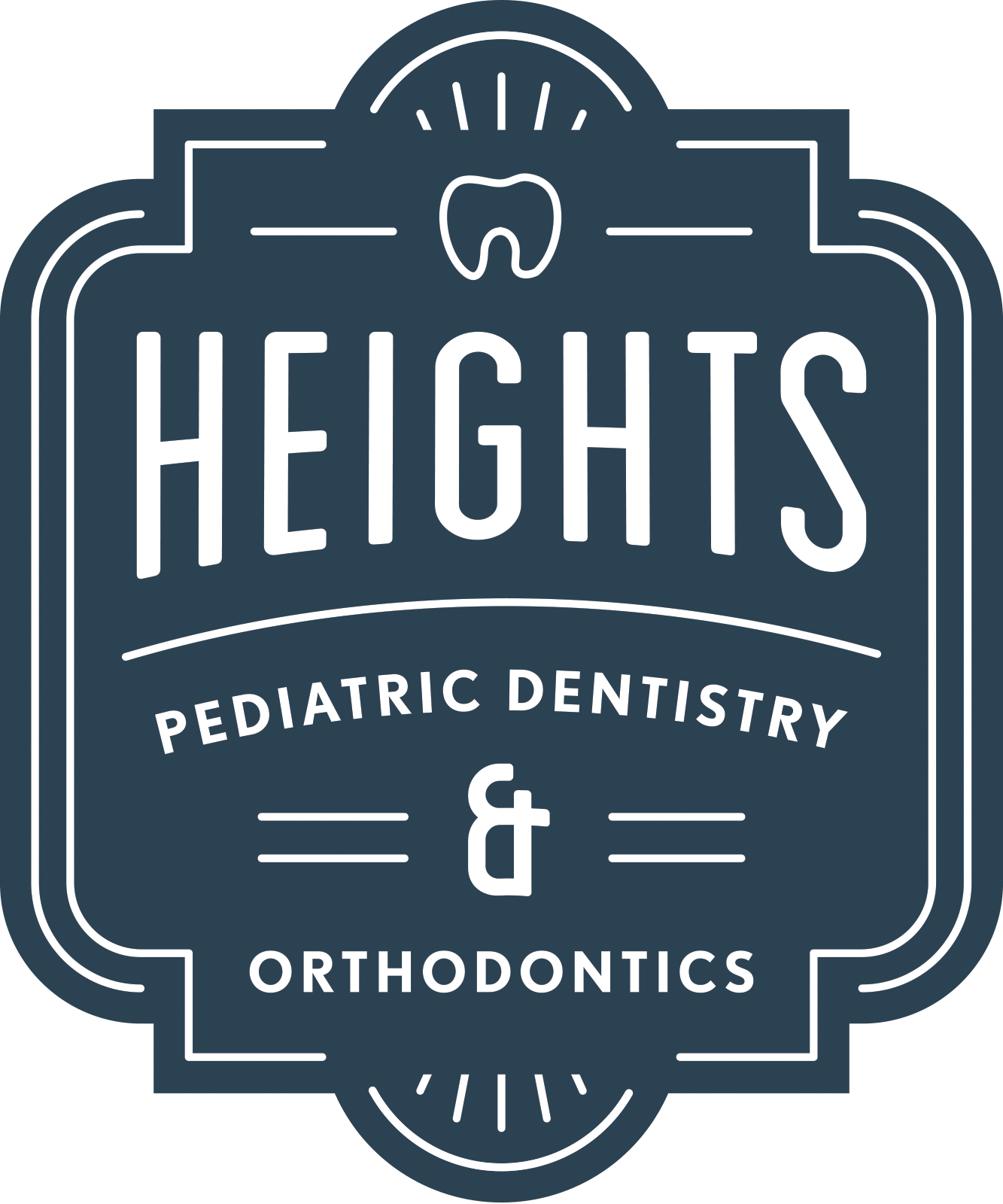Missing Teeth
/We’re not talking about teeth lost because of cavities, but did you know that you could be missing teeth that just never develop? It’s quite possible that you or someone in your family are missing primary “baby” teeth or permanent teeth. The dental term for this is called hypodontia or congenitally missing teeth. Studies regarding missing teeth estimate that as many as 20 percent of adults are born with at least one missing tooth, making hypodontia one of the most common developmental oral health conditions. In addition, if you as a parent are missing teeth, it’s very likely that your child is missing teeth as well as the cause for missing teeth can be genetic. Other causes are environmental or associated with syndromes such as ectodermal dysplasia and Downs Syndrome.
Missing baby teeth is very rare and only seen in less than one percent of the population. If a baby tooth is missing, it is very likely that the permanent tooth to take its place is also missing. Permanent teeth start to develop around the time of birth and the most common teeth to be missing are third molars, which are also know as “wisdom teeth.” Missing third molars is actually a great finding as there is no issue in needing them extracted in the future as most people do. Other than wisdom teeth, common missing teeth are right in the front of your mouth, called lateral incisors. Missing lateral incisors do pose a particular issue and a plan needs to be established regarding these missing teeth, as they are in the esthetic area of your mouth. Typical plans for these missing teeth include retaining baby teeth for as long as possible, leaving space for a future dental implant, or closing the spaces altogether.
Missing teeth is one of the many issues we check for during your exam appointment at Smiles for Kids and also an important reason for taking periodic x-rays. If it is determined that any teeth are missing, our goal is to educate you to make the most informed decision regarding a plan. Generally, we will choose the most conservative plan, as is the case with any other treatment at our practice. We understand that these decisions as well as any other healthcare decisions are difficult to make regarding your children, but we are certainly happy to help walk you through them!
Dr. Lindhorst, Dr. Darsey, Dr. Theriot, Dr. Gavri and the Heights Pediatric Dentistry and Orthodontics Team
